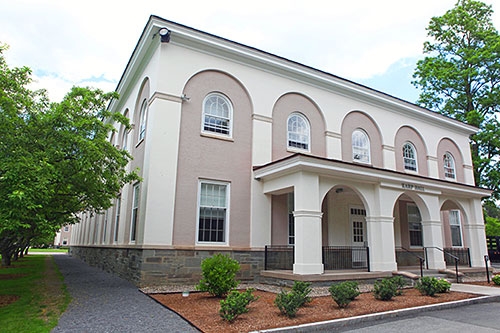English Department
Courses & Requirements
Course Highlights and Requirements 2025 -- 2026
-
Courses
- Loading...
-
Major
Loading...
-
Interdepartmental Major
Loading...
-
Minor
Loading...
-
Creative Writing Minor
Loading...

Karp Hall 115
View in Google Maps
Fax:
(518) 388-6462